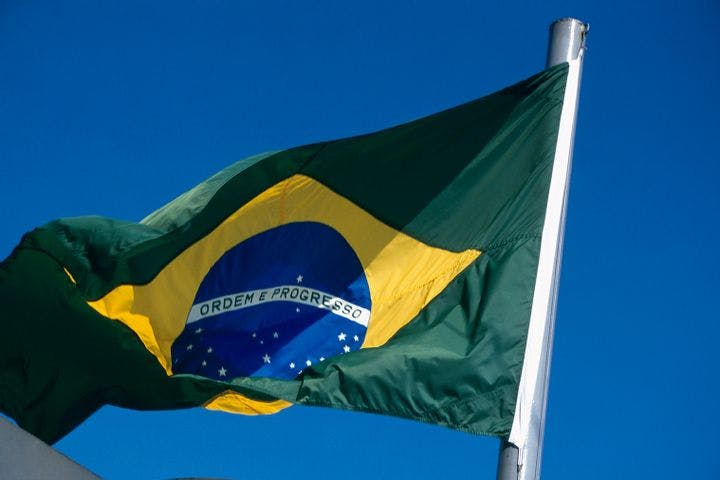Winter 2012
Brazil's Popularity Problem
– The Wilson Quarterly
While Brazil is enjoying its spot on the crowded global stage, it doesn't have many close allies in South America.
After decades of failing to fulfill predictions that it would become Latin America's great power, Brazil seems to have made good on its singular potential. Its humming economy has earned it recognition as one of the four international up-and-comers known as the BRIC countries (Brazil, Russia, India, and China). It took on a high-profile role in the G-20 negotiations in 2008 and 2009, and has snagged spots in the G-8+5 and other negotiating bodies. But while Brazil is enjoying its spot on the crowded global stage, it has failed to command a strong following in its own backyard, writes political scientist Andrés Malamud of the University of Lisbon’s Institute of Social Sciences.
There are several reasons for the “growing mismatch between the regional and global performance of Brazilian foreign policy,” Malamud writes. For one, “Brazil scares nobody.” The country boasts the largest defense budget in the region, but “Brazil is not—and has no intention of becoming—a military power,” preferring to be seen as a “peace-loving, law-abiding, and benign” force. And while Brazil does have the largest economy in Latin America, several neighbors—notably Argentina, Chile, and Uruguay—consistently outperform it in gross domestic product per capita and human development indicators.
Furthermore, Brazil’s success at regional power-brokering has been mixed. It was able to pioneer the notion of South America as an “autonomous political-economic area” distinct from Latin America, elbowing Mexico out of its regional foreign-policy realm and orchestrating the conditions for its own predominance. But Mercosur, the regional economic integration project Brazil helped spearhead, has seen its promise wane considerably since its heyday in the 1990s. Worse still, other countries in the region have publicly flouted Brazil’s global ambitions. In 2004 Argentina opposed Brazil’s efforts to win a permanent seat on the UN Security Council, infuriating then-president Luiz Inácio Lula da Silva. Mexico, Argentina, and Venezuela are strong competitors for influence in the region, along with the United States. Brazil will have its work cut out for it even maintaining its regional stature.
The country’s new president, Dilma Rousseff, who took office in January 2011, has been less vocal about Brazil’s foreign-policy ambitions than her predecessor. But make no mistake, Malamud says: Brazil is on the world stage to stay.
* * *
The Source: "A Leader Without Followers? The Growing Divergence Between the Regional and Global Performance of Brazilian Foreign Policy" by Andrés Malamud, in Latin American Politics and Society, Fall 2011.
Photo courtesy of Flickr/Club Med UK
